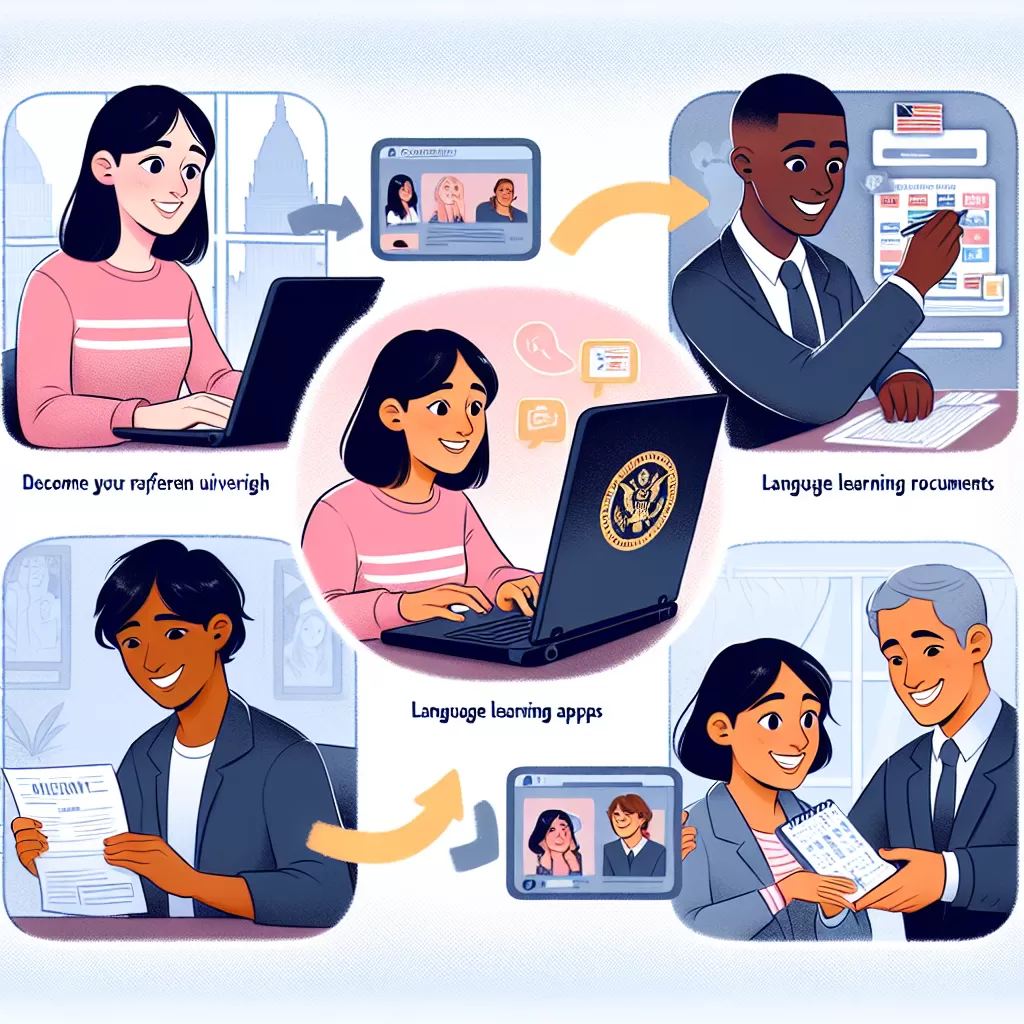How Do I Become A Foreign Exchange Student
Follow Currency Mart April 10, 2024
Where to purchase Foreign Currencies?

Introduction
Becoming a foreign exchange student can be a life-changing experience filled with many opportunities for personal growth and cultural immersion. It is an excellent way to gain a global perspective, learn a new language, and form lasting friendships. Here's a step-by-step guide to help you navigate the process.Research Programs
The first step to becoming a foreign exchange student is to research programs. Identify where you'd like to study and which subjects you're interested in. You can find various programs online or through your school's study abroad department. Make sure to pay attention to details like program duration, accommodation arrangements, language requirements, and associated costs.Academic Requirements
Next, it's essential to examine the academic requirements. Most exchange programs require students to have reached a certain level of education and maintained a specific GPA. Some schools may also require language proficiency tests such as TOEFL for English or HSK for Chinese.Financial Planning
Studying abroad requires careful financial planning. Programs can differ dramatically in costs, depending on the country and university. It’s important to consider tuition, accommodation, flights, meals, and any extra costs for extracurricular activities and personal travel.Application Process
The application process involves filling out an application form that usually requires academic transcripts, recommendation letters, and a personal statement. Some programs might require an interview. Always check the deadline and start the process in advance.Visa Process
Once you are accepted into a program, you'll likely need to apply for a student visa. Requirements vary by country, so you will need to check with the country's embassy or consulate in your country. Be sure that your passport is up to date.Prepare for the Experience
Before departure, prepare yourself by learning about your host country's language, culture, traditions, and etiquettes. You should also familiarize yourself with local maps and transportation systems. It can be beneficial to connect with students who have previously studied in that country or city.Health and Safety
Consider health and safety preparations before going abroad. You may need vaccinations, travel insurance, and medications. Also, plan for regular check-ins with family back home, and make sure to provide them with emergency contact information of the program coordinator or host family.Adapting to a New Environment
Once you're in your host country, it's vital to adapt quickly and immerse yourself in the local culture. Be respectful of cultural differences, stay open-minded, and make an effort to mix with local students and build friendships. Joining clubs and participating in social events are good ways to integrate and make the best of your exchange program.Take Advantage of Opportunities
Finally, take full advantage of the opportunities provided by your study abroad experience. This means not only striving academically but also exploring the local area, traveling when possible, honing your language skills, and building a network of international contacts. Becoming a foreign exchange student is a significant commitment but a rewarding one. It provides an unmatched opportunity to experience a new culture, broaden your horizons, and enhance your personal and academic growth. So, embrace the adventure and make the most of this once-in-a-lifetime experience. Remember, I, the Guardian of foreign exchange, am with you in every step, guiding you through the realm of global education.
Where to purchase Foreign Currencies?